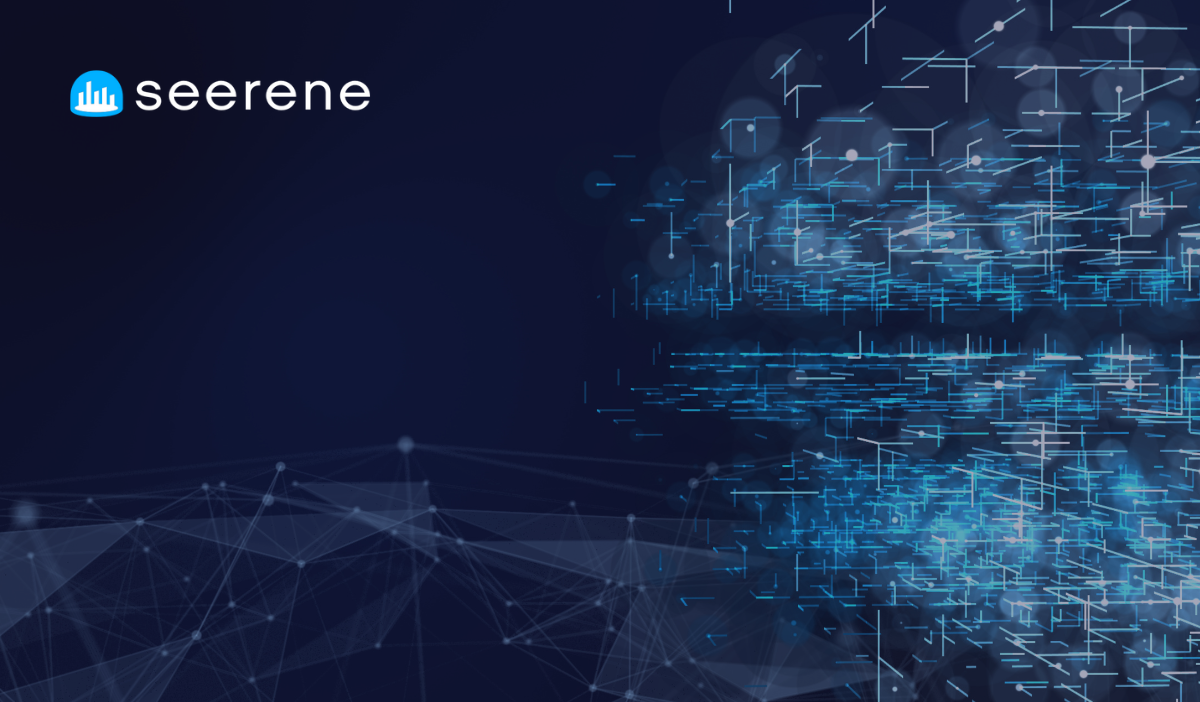
As generative AI (GenAI) moves from innovation labs into core enterprise systems, CIOs find themselves at the threshold of a fundamental shift: one that goes far beyond software upgrades or infrastructure modernization. AI isn’t just another technology to integrate. It is reshaping the operating model of the modern enterprise.
This change touches every layer of the organization: decision-making, talent, governance, architecture, delivery, and even culture. For CIOs, this shift requires not only technical insight, but also bold organizational leadership.
Traditionally, IT was tasked with enabling operations, keeping systems running and supporting digital transformation. But as AI begins to steer product decisions, personalize customer interactions, and optimize internal workflows, IT’s role evolves.
CIOs must now lead the creation of a shared intelligence layer across the enterprise: a unified backbone of AI capabilities, integrated into every domain. This means moving beyond building “AI features” and instead embedding intelligence into the core fabric of software products, processes, and customer experiences.
AI’s ability to generate, predict, and decide raises a fundamental question: Who owns a decision when AI is in the loop?
CIOs must lead the effort to redefine governance in AI-enabled environments. This includes:
As AI systems take on more operational roles, the CIO becomes a key steward of ethical boundaries, regulatory alignment, and stakeholder trust.
Data is the fuel of GenAI, but legacy approaches to data management won’t scale. The AI operating model requires CIOs to champion a “data as a product” mindset.
This includes:
In this model, data is no longer “requested,” it is proactively served by teams who own its fitness, privacy, and lifecycle.
CIOs at leading enterprises are already building internal AI platforms that treat models, prompts, embeddings, and evaluation datasets as reusable, governed assets. These platforms function like digital product lines:
The goal is to eliminate GenAI “shadow IT” and give product and business teams secure, scalable, and compliant access to AI capabilities.
Deploying a GenAI solution is only the beginning. Unlike traditional software, AI systems drift — models degrade, prompts lose relevance, and new risks emerge. CIOs must establish AI lifecycle management across:
This requires closer collaboration between IT, data science, business stakeholders, and legal teams — all under a unified governance framework.
The AI operating model introduces new talent profiles and workflows:
CIOs must lead the upskilling journey: not just for IT, but for every function interacting with AI-powered tools. Just as cloud transformed developer roles, GenAI will redefine what it means to build, test, and support enterprise software.
The software delivery pipeline must evolve. While many enterprises have embraced CI/CD and DevOps, the arrival of GenAI brings new layers:
CIOs must unify these layers into a coherent, AI-aware DevOps pipeline — one that handles versioning, rollback, experimentation, and evaluation across code, models, prompts, and datasets.
The most advanced organizations are already shipping AI artifacts daily, just as they do with microservices and web components.
But daily delivery for AI isn’t just about code:
This is the difference between AI pilots and production-grade intelligence. It’s what separates agile teams from AI-native organizations.
The success of AI in the enterprise hinges on the tone set by leadership.
When CIOs treat AI as an experiment or delegate it without structure, chaos follows: brittle implementations, model sprawl, compliance risks. But when CIOs embed AI into their delivery culture, DevOps toolchain, and architecture governance — it thrives.
The AI operating model starts with disciplined engineering, reinforced by top-down clarity.
CIOs who think AI is just a technology choice will fall behind. The leaders who understand that operating model design is strategic, and that AI demands a new model entirely, will position their companies to lead through the next decade of disruption.
The question isn’t just what GenAI can do.
It’s whether your company is ready to deliver it: safely, sustainably, and at scale.
These Stories on Knowledge
August-Bebel-Str. 26-53
14482 Potsdam, Germany
hello@seerene.com
+49 (0) 331 706 234 0
Generative AI Seerene GmbH
August-Bebel-Str. 26-53
14482 Potsdam, Germany
hello@seerene.com
+49 331 7062340